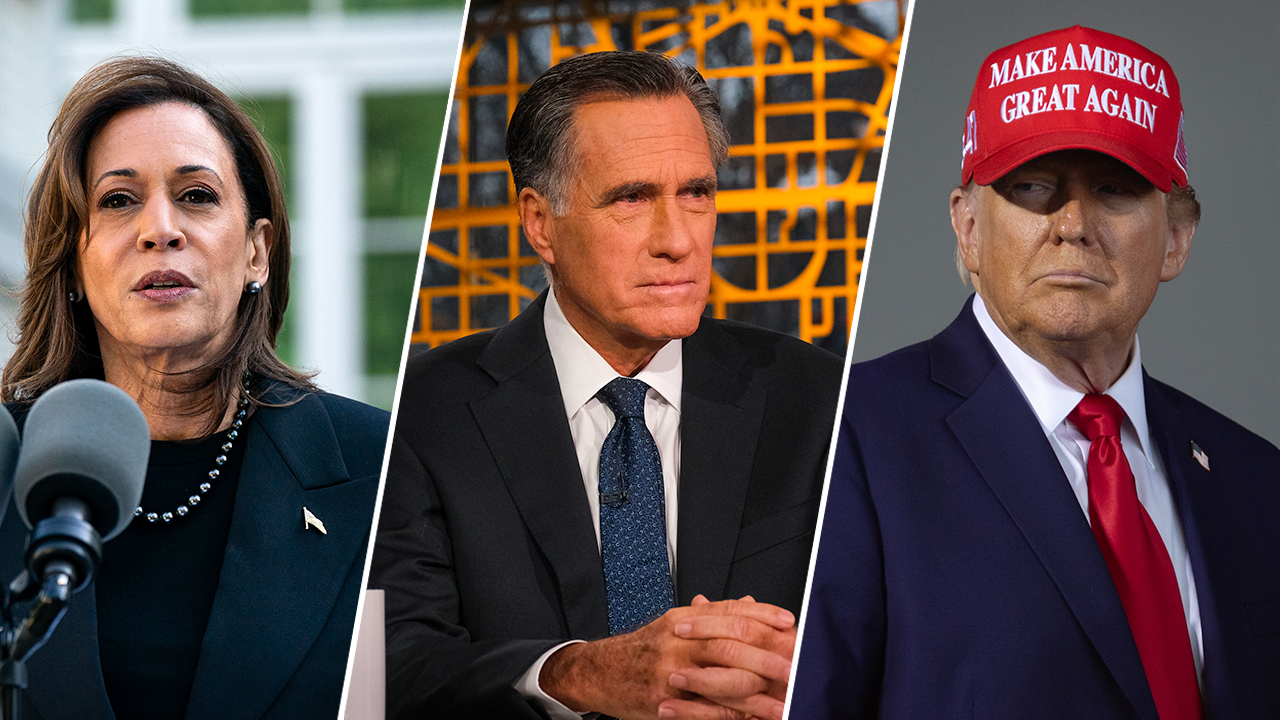The Department of Justice (DOJ) on Tuesday said that it may ask Alphabet’s Google to divest parts of its business that it says have been used to maintain an illegal monopoly in online search.
A federal judge ruled in August that Google had built an illegal monopoly over internet searches, more than 90% of which are processed through Google. The DOJ’s proposed remedies could have a significant impact on how Americans find information on the internet while shrinking Google’s revenues and giving its competitors an opportunity to grow.
“Fully remedying these harms requires not only ending Google’s control of distribution today, but also ensuring Google cannot control the distribution of tomorrow,” the DOJ said.
The DOJ said that to address the monopoly, it may ask the court to require Google to divest its Chrome browser and its Android operating system. It also may request the court stop Google’s payments to have its search engine pre-installed or set as the default on new devices, or require it to share search data with other competing providers.
FEDERAL JUDGE RULES GOOGLE VIOLATED ANTITRUST LAW
Prosecutors also signaled they will look to prevent Google from dominating the growing field of artificial intelligence (AI), potentially barring Google from entering into agreements that limit its AI rivals’ access to content and allowing websites to opt out of Google using their content to train AI models.
| Ticker | Security | Last | Change | Change % |
|---|---|---|---|---|
| GOOGL | ALPHABET INC. | 160.48 | -3.90 | -2.37% |
Google has made annual payments to Apple and other device manufacturers to ensure its search engine is the default on smartphones and web browsers to preserve its market share. In 2021, Google made $26.3 billion in such payments.
The company criticized the DOJ’s proposal in a blog post on its website, arguing the “government seems to be pursuing a sweeping agenda that will impact numerous industries and products, with significant unintended consequences for consumers, businesses, and American competitiveness.”
GOOGLE FACES ANOTHER DOJ ANTITRUST LAWSUIT OVER ALLEGED AD-TECH MONOPOLY

Google said that a requirement to share data surrounding search queries, clicks and results with its rivals “could create major privacy and security risks” because it says those are currently protected by its “strict security standards.” It added that could lead to the creation of copycats and create a disincentive for other companies to innovate in search.
It warned that splitting off Chrome and Android off from Google “would break them” because Google currently offers them and their code for free on an open source basis.
“Few companies would have the ability or incentive to keep them open source, or to invest in them at the same level we do,” Google said, adding the change would have knock-on effects impacting a variety of apps and devices that harness those systems by making it harder to patch security bugs.
GOOGLE ANTITRUST RULING MAY POSE $20 BILLION RISK FOR APPLE
Google also defended its distribution contracts to promote Google Search, arguing that “unreasonable restrictions” would create friction for consumers and “reduce revenue for companies like Mozilla (reducing its ability to invest in its own browser) and Android smartphone makers (potentially raising phone prices).”
The tech giant also took issue with potential restrictions on its AI development, arguing those would hamper competition in a technology that’s “important for America’s technological and economic leadership.”
“Business models in AI, much less winners and losers, have yet to be determined, and competition globally is fierce,” Google wrote. “There are enormous risks to the government putting its thumb on the scale of this vital industry – skewing investment, distorting incentives, hobbling emerging business models – all at precisely the moment that we need to encourage investment, new business models, and American technological leadership.”
The DOJ is expected to file a more detailed proposal with the court by Nov. 20, after which Google will have a chance to propose its own remedies by Dec. 20.
Reuters contributed to this report.



